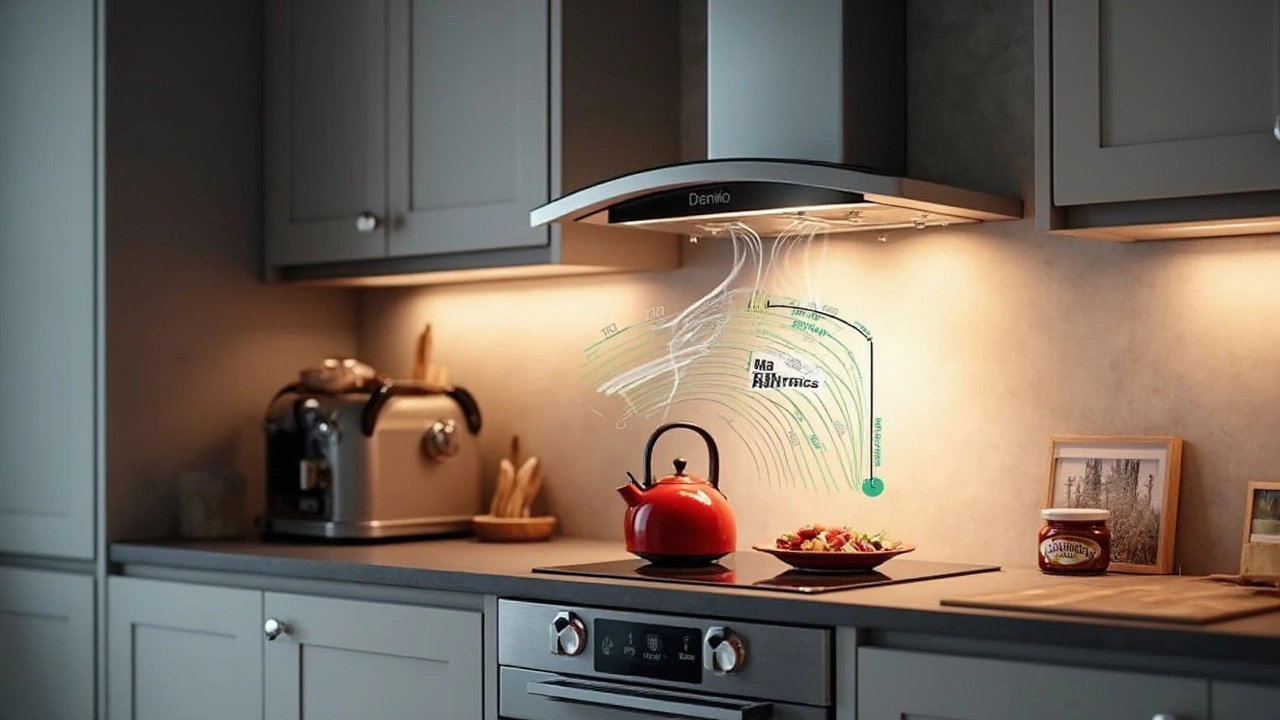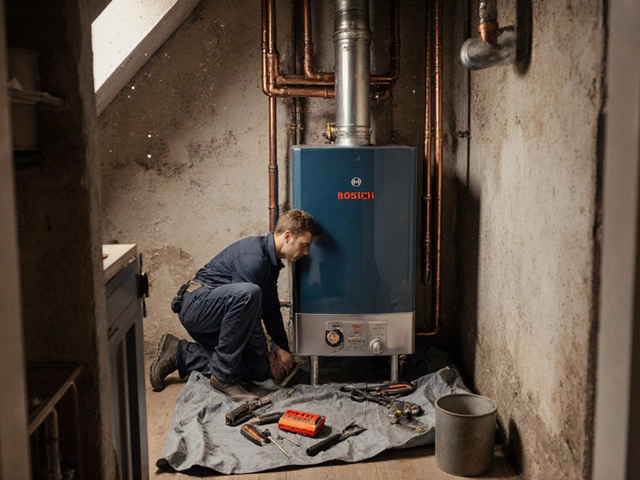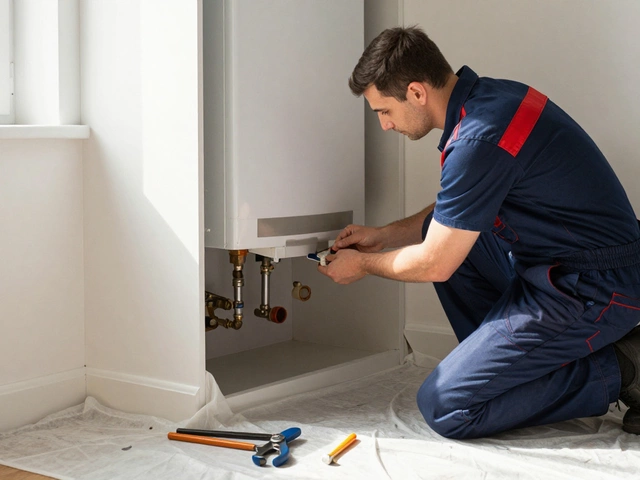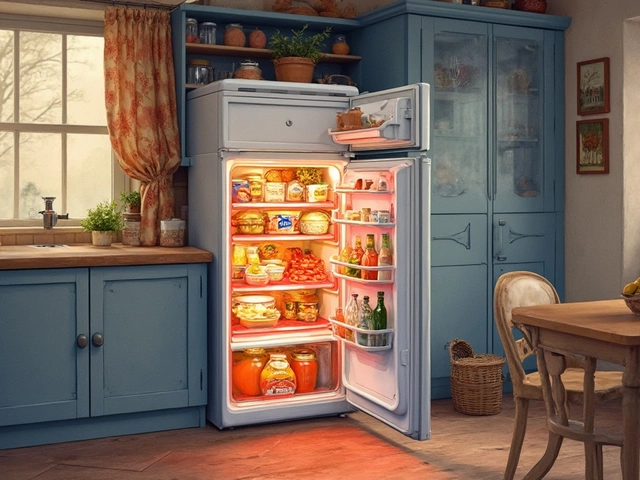When you need a new fridge, oven or washer, the choices can feel endless. You want something that works well, fits your budget, and lasts a long time. This guide breaks down exactly what matters so you can pick with confidence.
First, check the energy rating. A higher rating means lower bills and less impact on the planet. Look for the label on the front of the unit or in the specs sheet – it’s an easy win.
Second, think about size and fit. Measure the space where the appliance will go, then add a couple of centimetres for ventilation. A tight fit can cause overheating and early failures.
Third, compare features versus price. A fancy touchscreen on a dryer might look cool, but if you only use a simple tumble dry, you’re paying for something you won’t use. Focus on the functions you actually need.
Fourth, read reviews that mention real‑world reliability. People often note if a washing machine leaks after a few months or if a fridge makes strange noises. Those clues help you avoid models with known flaws.
Even the best appliance can wear out faster if you ignore basic maintenance. Clean the condenser coils on a fridge every six months, and descale your dishwasher regularly to keep it efficient.
When a minor fault appears – a stove burner that flickers or an oven that heats unevenly – try a quick DIY fix first. Our site has step‑by‑step guides for common repairs, and a simple fix can add years to a machine’s life.Consider buying a slightly older model that’s on sale. Appliances often get minor upgrades each year, but the core technology stays the same. You’ll get a reliable unit for less.
Finally, keep the warranty paperwork safe. Some manufacturers will replace a faulty part for free if you act within the warranty period. Knowing the terms can save you a surprise repair bill.
Choosing the right appliance doesn’t have to be a gamble. Focus on energy efficiency, proper sizing, needed features, real‑world reviews, and a bit of upkeep. Follow these pointers and you’ll enjoy a reliable kitchen or laundry room without breaking the bank.

Choosing the right extractor fan can be a tricky task with so many options on the market. This guide breaks down key factors like fan types, sizes, noise levels, and energy efficiency to help you make an informed decision. We dive into tips on proper sizing and essential features to look for. Find maintenance tips and tricks to keep your fan running smoothly. Equip yourself with the knowledge you need to ensure a wise investment.

Resetting a water heater might seem simple, but it involves precaution. This article delves into when and why a reset might be necessary and explores the safety considerations involved. Learn about common signs that indicate a reset is due and the correct way to carry out this task. Discover the underlying causes of water heater issues to prevent future resets.

Replacing a boiler costs thousands because it's not just the unit-it's labour, safety checks, pipe upgrades, and compliance. Learn why this big investment is necessary and how to avoid overpaying.

Replacing a boiler in the UK typically takes one to three days, depending on the type of boiler, system complexity, and home layout. Most installs finish in a single day if the new unit is in the same location.

Is your 10 year old dryer gasping for air, and you’re wondering if it’s time to fix or toss it? This article breaks down how long dryers usually last, what typical repair costs look like, and when it just makes more sense to get a new one. You’ll find smart tips to figure out if fixing an older dryer is throwing good money after bad or saving yourself from an expensive upgrade. Get real-life advice that skips the fluff and gets to the point.

Understanding what usually fails in a fridge can save you time and money. This article explores common issues like malfunctioning thermostats, compressor problems, and leaky seals. Learn helpful tips for diagnosing and possibly fixing these issues yourself. Knowing when to call a professional is also crucial in the life of your fridge.